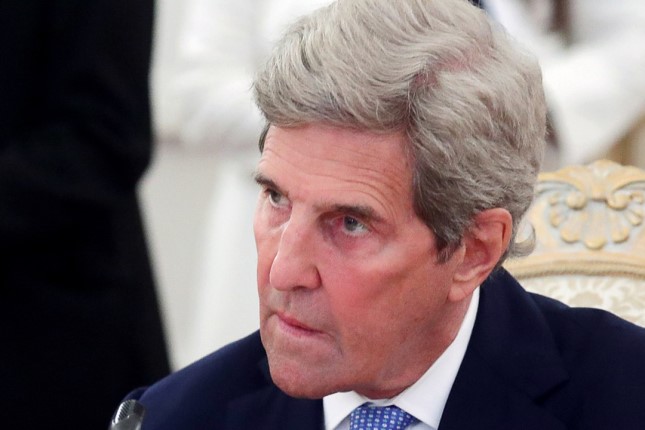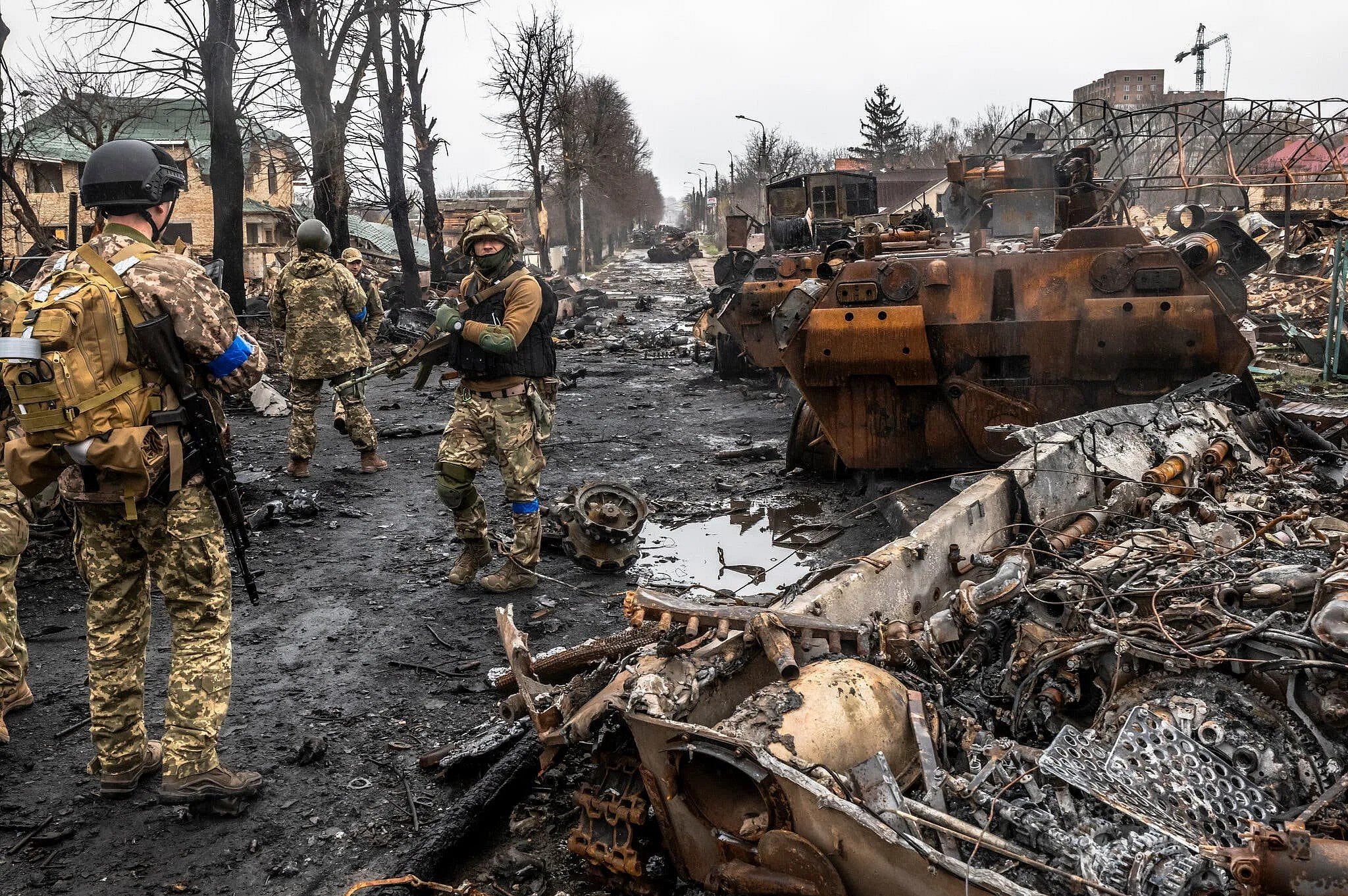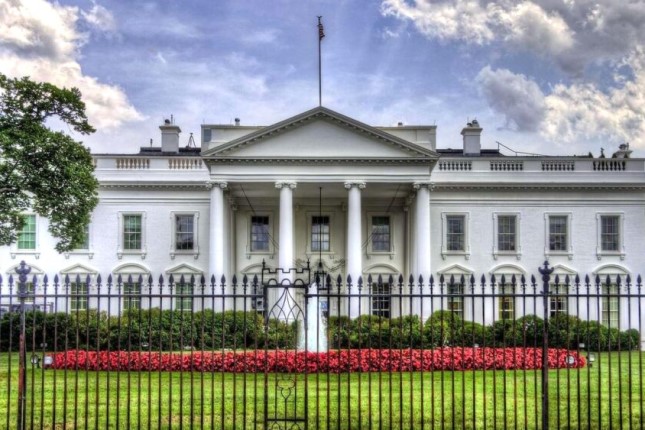US climate envoy John Kerry arrived in Beijing on Sunday to start discussions of climate issues with China. The stultifying temperature in the Chinese capital and elsewhere around the world may once again remind Kerry of how pressing it is to tackle global warming, but those warning signs are not enough to prevent Washington from hobbling climate cooperation between the two countries. Chinese observers expected that little, if any, concrete progress will yield from the talks, and slim possibility for the two to go back where they were in 2021.
Although observers said it is difficult to let climate negotiation serve as tail that wags the geopolitics between China and the US, they expect the slew of high-level visits made by US officials in recent months to lead the bilateral relations to a controllable status of "no derail," and pave the way for possible meeting between higher-level officials.
Speaking to lawmakers on Capitol Hill on Thursday, Kerry said he hoped to make progress on talks with China over reducing methane emissions, transitioning away from coal, combating deforestation and on jointly increasing the deployment of renewable energy technologies, US media reported.
"What we're trying to achieve now is really to establish some stability," Kerry told a subcommittee of the House Foreign Affairs Committee. "I'm not going over with any concessions."
Kerry's visit and the two countries' anticipated climate talks come at a key juncture when a warming planet is causing havoc under the strain from record heat, floods, storms and wildfires.
The world's eyes are fixated on whether the climate talks between China and the US, world's two biggest economies, also two biggest emitters, can result in progress in helping solving the more frequent climate disasters, Ma Jun, director of the Beijing-based Institute of Public and Environmental Affairs, told the Global Times on Sunday.
Although China has not yet disclosed which Chinese official will engage in talks with Kerry, foreign media reported it will be Xie Zhenhua, China's special envoy for climate change.
Xie and Kerry are both deeply involved in pushing for resolving climate change and having frequent exchanges, thus their meeting is expected to lead to deep and candid communication, said Ma.
Observers were widely pessimistic that Kerry's visit will yield any substantial result for climate change cooperation between the two countries, and they predicted the climate discussion between the two won't go back to where they were in 2021.
Beijing and Washington disagree on the fundamentals of how to address climate change. For example, the US has always been pressuring China to further reduce emission while ignoring China's need for maintaining growth; and has urged China to step up financing for global climate change issues, Lin Boqiang, director of the China Center for Energy Economics Research at Xiamen University, told the Global Times on Sunday.
Such condescending gesture is not the way to engage China into climate cooperation with the US, said Lin. He contended that the US is not qualified to lecture China on climate issues, because Washington's flip-flop attitude on climate issues and its reluctance in helping poorer countries severely diluted global efforts.
Kerry reiterated at the congressional hearing that the US will not pay reparations to developing countries hit by climate-fueled disasters.
Observers believed that if the US wants to show its sincerity in cooperation, it should first remove reckless punitive measures on China's green industry.
Washington has also been seeking to crack down on China's solar panel industry in recent years. The US Senate voted in May this year to reinstate tariffs on solar panels from Chinese companies in Southeast Asia that had been found to be coming into the US which it claimed were "in violation of trade rules."
Moreover, experts said if China and the US fail to establish an overall healthy relationship and if the US shows no sincerity in improving bilateral ties, then asking China to cooperate on addressing climate issues is unrealistic.
It is difficult to let climate serve as tail that wags the geopolitics, as climate is not a "romantic exclave" that is separated from bilateral relation, Lü Xiang, research fellow at the Chinese Academy of Social Sciences, told the Global Times on Sunday.
Speaking at the 7th Ministerial on Climate Action convened in Brussels, Belgium, from Thursday to Friday, Huang Runqiu, China's minister of ecology and environment, urged countries to eliminate geopolitical disruption and sabotage on global climate change cooperation, and reflect on the impact of "decoupling, de-risking" on those collaboration efforts.
Slim hope
Kerry's trip marks the third time in a month that a high-level US official has traveled to China for talks, following US Treasury Secretary Janet Yellen and Secretary of State Antony Blinken.
The slew of visits sends a positive signal that China and the US are keeping sound momentum of high-level communication, which is also likely to pave the way for possible meeting of higher-level officials from the two countries, Li Haidong, a professor at the China Foreign Affairs University, told the Global Times on Sunday.
Despite that the two countries have discrepancies on many issues, they both share the willingness of control the differences, said Li, noting that it is possible the bilateral relationship may enter a controllable status of "no derail."
The talks have concentrated on strengthening cooperation in areas which could serve as strategic guardrails of two countries, Li said, noting it isn't clear whether China and the US can step up cooperation in those areas. The concerns mostly come from US' toxic domestic politics and its lack of sincerity in improving ties, said the expert.
Source: The Global Times.
































